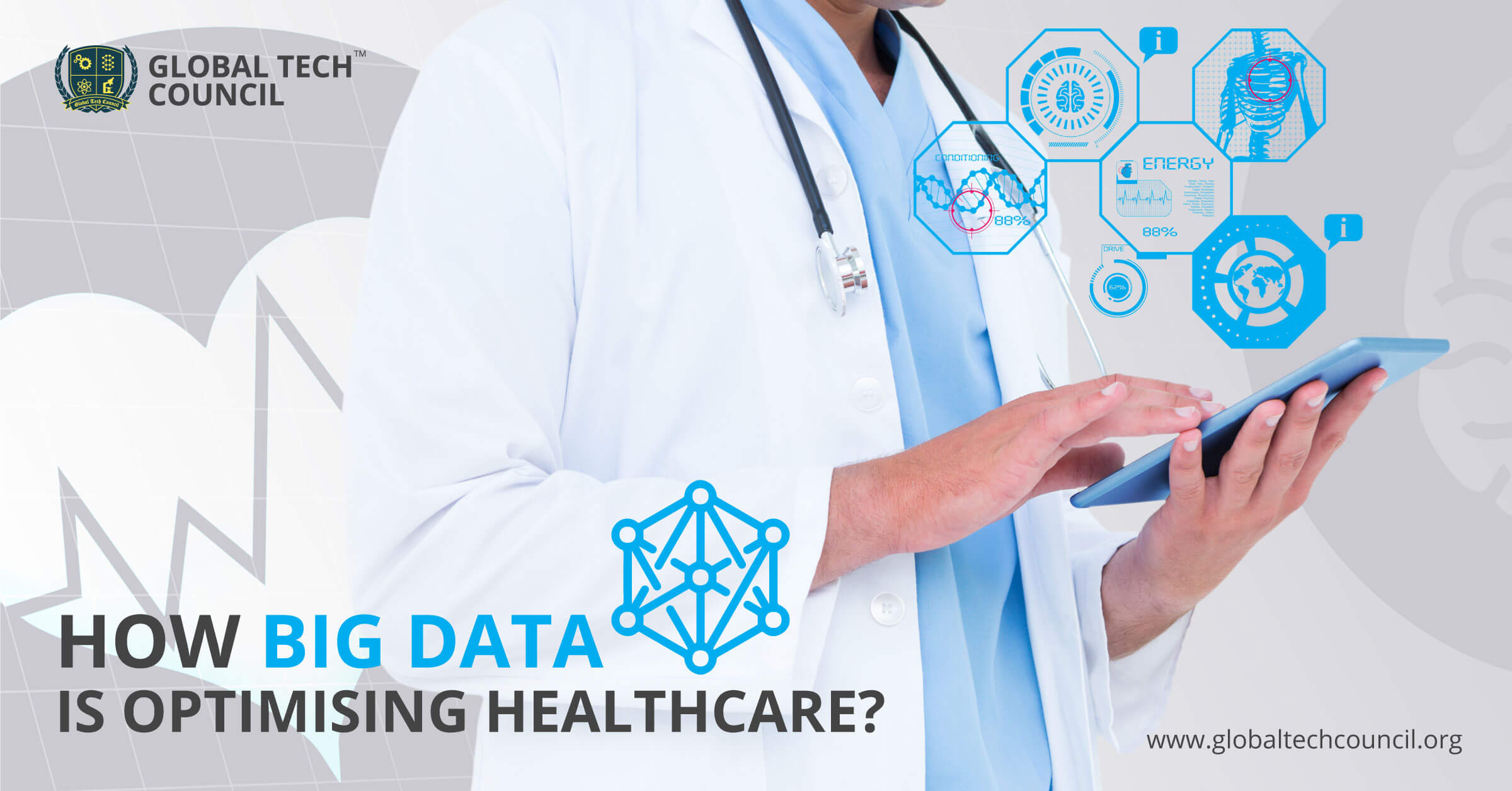
The future of big data in healthcare – The sheer volume of health data generated daily is exploding. Think patient records, medical imaging, genomics, wearable device data – it’s a tsunami of information. This deluge presents a unique opportunity to revolutionize healthcare, but also a significant challenge. Big data in healthcare isn’t just about collecting vast amounts of information; it’s about unlocking its potential to improve patient outcomes, personalize treatment, and predict health risks. Imagine a future where doctors can anticipate and prevent diseases, tailoring interventions to individual needs with unprecedented accuracy. That future is closer than you think.
Personalized Medicine is poised to become a cornerstone of this transformation. Big data allows for the analysis of an individual’s unique genetic makeup, lifestyle, and medical history to create highly tailored treatment plans. No longer are we relying on one-size-fits-all approaches. Imagine a future where treatments are not just effective, but also far more effective for you. This isn’t science fiction; it’s the promise of the future of healthcare. The possibilities are vast and exciting.
Early Disease Detection is another area where big data shines. By identifying patterns and anomalies in vast datasets, we can potentially detect diseases much earlier, often before symptoms even appear. This proactive approach allows for timely interventions and potentially saves lives. Imagine a world where preventative care is no longer a luxury, but a fundamental part of healthcare.
Improving Operational Efficiency is another significant benefit. Big data can streamline administrative tasks, optimize resource allocation, and enhance overall operational efficiency within healthcare systems. This can lead to significant cost savings and improved patient experiences. Imagine hospitals operating more efficiently, with fewer administrative bottlenecks and more resources directed toward patient care.
- Enhanced Diagnostics: Big data can improve diagnostic accuracy by identifying subtle patterns in medical images and patient data that might be missed by human clinicians.
- Drug Discovery: Analyzing vast datasets can accelerate drug discovery by identifying potential drug candidates and predicting their efficacy and safety.
- Predictive Modeling: Using big data to predict patient outcomes and identify individuals at risk for specific conditions allows for proactive interventions.
The future of big data in healthcare is not just about technology; it’s about transforming the very fabric of healthcare delivery. It’s about creating a system that is more responsive, more personalized, and ultimately, more effective in improving human health. We’re not just talking about collecting more data; we’re talking about leveraging it to build a healthier future for all.

Note: This is a conceptual overview. The practical implementation of big data in healthcare faces significant ethical and regulatory challenges, including data privacy, security, and the need for robust data governance frameworks.





